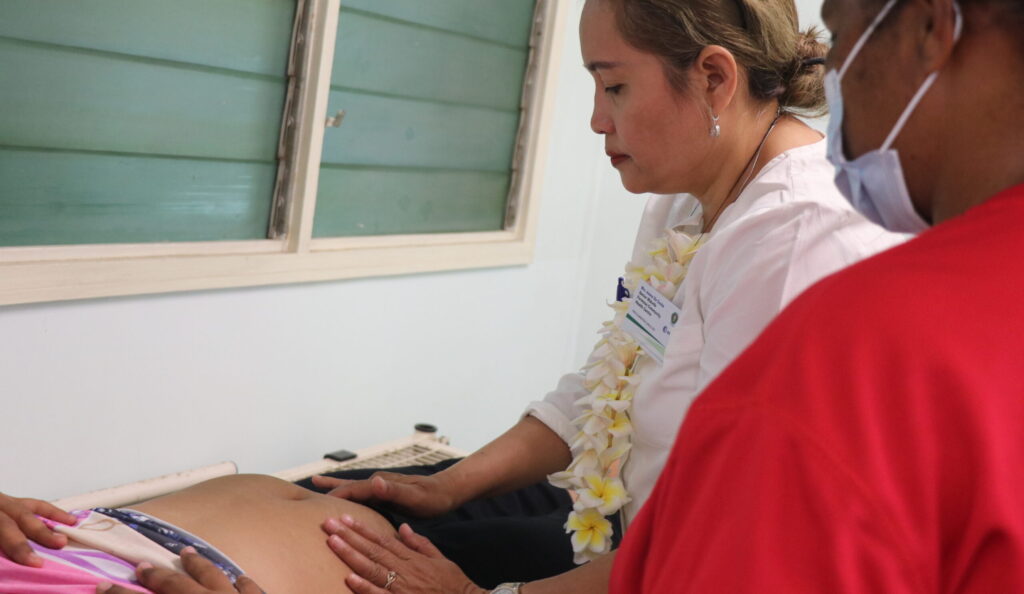
Preventing the transmission of HIV to children starts before birth. Without preventative healthcare, HIV can be passed from a woman living with HIV to their unborn children throughout pregnancy, delivery, labour, or breastfeeding (called ‘mother-to-child transmission’). According to the World Health Organisation (WHO), the rate of mother-to-child transmission of HIV across these developmental stages ranges from 15% to 45% in the absence of any intervention.
When effective measures are taken, mother-to-child transmission is avoidable. That’s why it is vital that expectant parents living with or at high risk of HIV are supported through linkages to testing, care, treatment, and peer support services. Countries are encouraged to integrate these services under a triple elimination approach, which includes preventative measures against mother-to-child transmission of syphilis and hepatitis B alongside HIV. The WHO’s essential triple elimination measures include:
- Testing of pregnant women and their partners during regular visits to antenatal care clinics
- Prompt intervention and counselling for mothers and partners who test positive to any communicable diseases
- Consistent, lifelong care and treatment for mothers living with HIV, commonly antiretroviral therapy (ART)
- Vaccination against hepatitis B at birth.
While there has been significant improvements in reducing mother-to-child transmission globally, inequitable access to antenatal services remains a barrier to achieving triple elimination.
Prevention of mother-to-child transmission initiatives in Asia and the Pacific
To help end mother-to-child transmission of HIV, ASHM and our partners across Asia and the Pacific are working together with community to build capacity and create linkages to essential antenatal and health services.
Mentor Mothers in Papua New Guinea
Mentor Mothers play a pivotal role in supporting mothers living with HIV and preventing mother-to-child transmission in their communities.
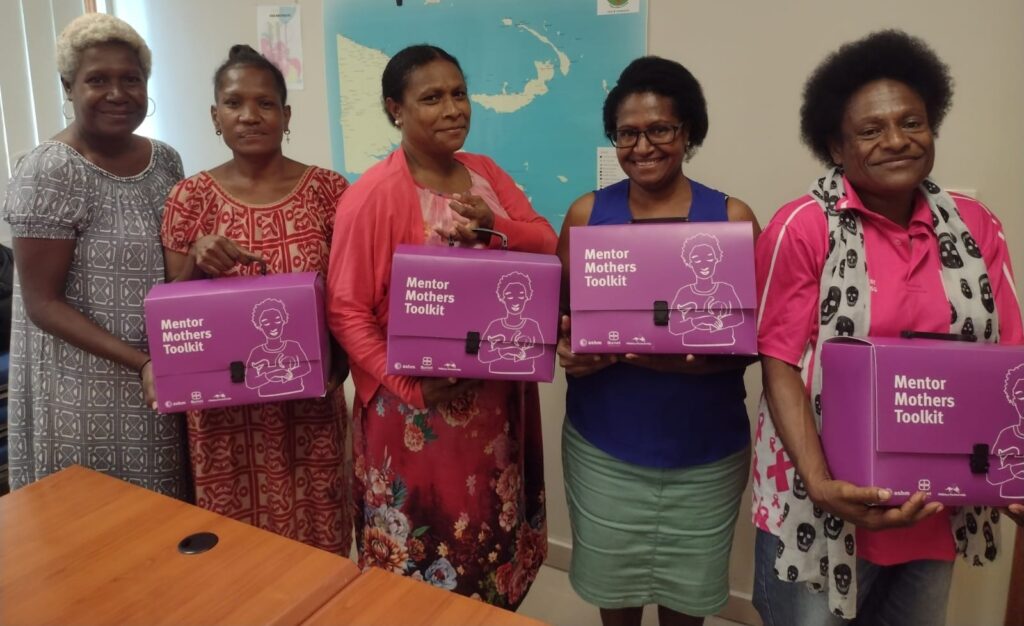
Peer support can be an effective tool for improving adherence to HIV treatment and linkages to care. Connecting pregnant women to HIV testing, treatment and care through integrated antenatal care services is particularly important in Papua New Guinea given only an estimated 19% of pregnant women in the country knew their HIV status in 2019.
The benefits of peer support are why women and mothers living with HIV are at the centre of the Papua New Guinea-based Mentor Mothers initiative. Through education on HIV, workshops on mentoring, and counselling training, women living with HIV are supported to become ‘Mentor Mothers’. In their roles, Mentor Mothers provide educational and emotional support to women living with or at risk of HIV and reduce the risk of parent-to-child transmission.
The inaugural group of Mentor Mothers co-designed a Mentor Mother Toolkit with ASHM and the Burnet Institute, alongside program partners the Papua New Guinea National Department of Health and Igat Hope. Each kit contains resources to support Mentor Mothers to feel confident having conversations with women living with HIV about important measures to prevent transmission to their infants— such as adhering to ART treatment throughout pregnancy and breastfeeding and encouraging supervised birth at a medical facility.
Supporting Triple Elimination in Papua New Guinea and Timor-Leste (STEPT) Project
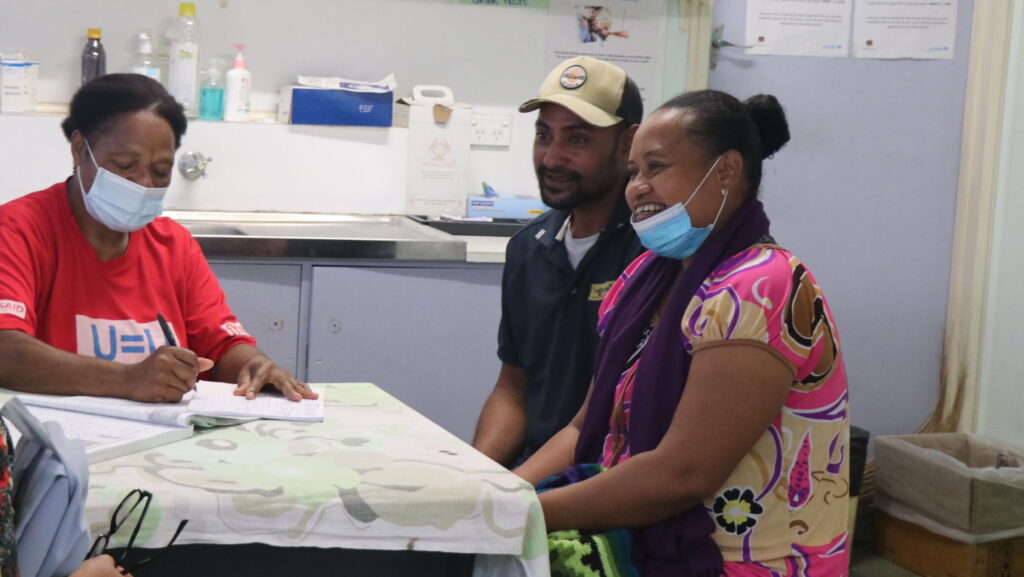
Learn more about ASHM’s STEPT project by watching the video below.
Simple interventions including antenatal screening of pregnant women and their partners, early treatment, and timely vaccination for newborns enable this prevention. When mothers know that HIV and syphilis status during pregnancy, they can avoid passing it on to their child.
HIV transmission can also happen through breast milk when HIV positive mothers aren’t supported to stay on treatment.
SISTER CHRISTINE (CCHS Healthcare Worker): It is very important for mothers to be tested, because one, to know their own status, two is for the unborn baby. And we want to know their status, because if they are tested HIV positive, they will be put on treatment as soon as possible to save their unborn baby.
PETRONELLA (CCHS Patient): It’s important for us mothers, pregnant mothers, because we need to find out our status and at the same time if we were to have that sickness, whether it be whether it be a HIV or the other sickness, then we know that we can have earlier treatment on that so we can have a good family and happy family.
VERONICA (Expert Patient Counsellor): I’m living with HIV, my two children are not living with HIV. I’m so glad and also my granddaughter is negative.
I became an expert counselor because I want to help my friends. I don’t want them to die with HIV. I don’t their children dying with HIV.
So I want my friends and I to join hands together because I carried two children without HIV and my children have a life, they have a future to go. my current beginning without HIV.
NARRATOR: The Triple Elimination Project is working to provide these essential services and upscale clinicians in Papua New Guinea and Timor Lester. ASHM has been working with the Catholic Church Health Service to support the HIV response in PNG for nearly 20 years.
PATTY PEPE (National Department of Health PPTCT Coordinator): The clinical training is important because this new knowledge and the technical aspect of care is very important. So they need the knowledge to give the quality care that patient’s need.
SISTER CHRISTINE: We see that it is very good. Those that we test are on treatment and we’re seeing that now we are having negative babies because we have put the mothers on treatment and now even if they are positive, they’re having negative babies and maybe in the near future we are looking for a negative generation.
NARRATOR: Now, with this Triple Elimination Project, there is an opportunity for PNG and Timor-Leste to share experiences and learn from each other. New partner Maluk Timor have a history of working side-by-side with the Timor-Leste Ministry of Health to strengthen HIV services. Their skills, experience, and relationships will be a key element in this exciting opportunity to improve outcomes for mothers and babies in Timor-Leste.
GRAHAM APIAN (CCHS PROJECTS DIRECTOR): As a result of the pilot, and having a much more broader response in the country, which would obviously be coordinated by National Department of Health. We hope to see that the rates of syphilis, HIV, and hepatitis are reduced in the country, in the region, and hopefully resulting in a global reduction.
The STEPT project is supported by the Australian Government through the Department of Foreign Affairs and Trade’s Australian NGO Cooperation Program (ANCP) and ASHM Members.
Sharing innovations for triple elimination in the Philippines

In 2023, ASHM co-hosted the HIV and AIDS National Treatment Hub Conference in the Philippines, convening delegates from across Asia to share the latest advancements and approaches to triple elimination.
